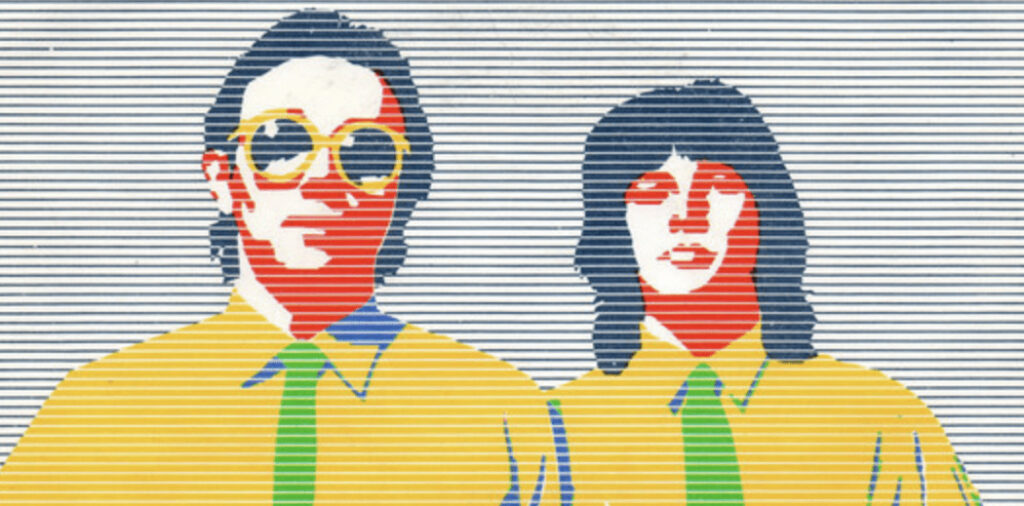
Simplifying the logistics of video-based telehealth is one way to give patients and the experts what they prefer in most telehealth interactions
The University of Queensland Centre for Online Health has been tracking MBS items associated with telehealth and found a gradual reduction in the use of video since the start of the pandemic.
This may be set to change.
The Federal Health Minister Greg Hunt recently confirmed that from July 1 only level A and B telephone consults will be able to be billed to Medicare, whereas video consultation rebates will remain at their existing level.
The Department of Health considers that video-based consultations should be the norm rather than the exception and the reimbursement adjustments seem to provide incentive for GPs to look at broader adoption of video over audio-only.
Professor Andrew Sindone (Director of the Heart Failure Unit and Department of Cardiac Rehabilitation at Concord Hospital and Head of Department of Cardiology at Ryde Hospital) believes in the incremental value of video over audio consultations.
“The practitioner can see the patient’s level of distress from breathlessness, pallor and plethoric facies.
“The JVP can be seen if the patient is asked to turn their head. Oedema may be seen if the camera is moved to the ankles.
“It allows the practitioner to get a better impression of the patient’s overall clinical status and perhaps their home environment. It value adds to the consult.”
Allergist and immunologist Professor Peter Smith, of Queensland Allergy Services agrees.
“Video helps in looking at the patient in the eye – you can see dyspnoea, you can identify if there are signs of inhalant allergies, and you can assess if there is mouth breathing.
“All of these can influence decision making and clinical care pathways.”
According to GP and practice owner, Dr Jared Dart, although there has been low uptake of video among GPs, they see the value of video.
There’s no resistance to using video per se’ says Dr Jared Dart, GP and practice owner.
“There are clear benefits – but the logistics and traditional complexity that go with video over audio has gotten in the way, Dr Dart said.
The logistical simplicity is something Dr Dart has been working on for some time.
“Scheduling the appointment, accessing the video call on both Dr and patient side, concurrent note-taking, billing the patient and the cost of the technology – when compared to a simple phone call – have complicated the use of video” says Dr Dart.
Co-designed with other GPs and practice managers, Dr Dart is launching Welio on May 20th (link below) to address these issues.
“With Welio, we’ve made video nearly as simple as phone, that was the intent, and is critical.
“Yes its safe and secure, but more importantly its simple for everyone, automatically bills medicare or patient and the feedback from GPs and practice managers confirms that …and its entirely free for HCPs to use – their fees are kept by them, not Welio’”, says Dart.
Welio charges the patient a nominal convenience fee.
“Welio is being used by practices to drive revenue uplifts and improve financial results – higher consult fees, lower business costs and more efficient delivery has to be good for practice viability”, says Kelly Chard, of GrowthMD, a chartered accountancy from specialising in medical clinics and overseeing the trial of Welio.
An update on latest evidence in telehealth, reimbursement changes and an overview of Welio is planned for evening of May 20th – with free registrations HERE.
